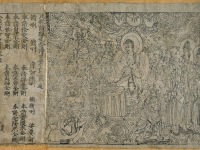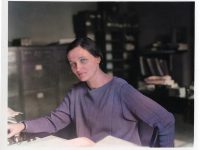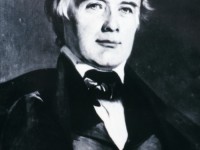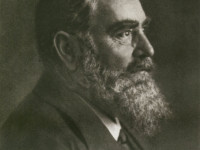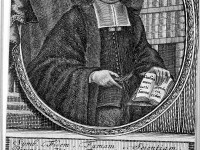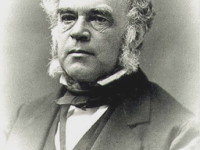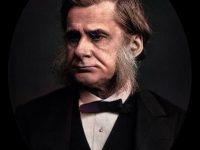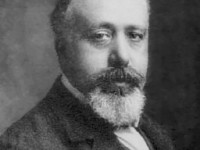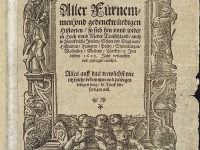The very first Printed Book – The Diamond Sutra
On May 11, 868, the earliest dated printed book was issued, a Chinese copy of the so-called Diamond Sutra, one of the most important textbooks of Buddhism, originally written in the 1st c. AD. You might think the it was Johannes Gutenberg who invented modern printing. But, he didn’t. Sure, printing with metal movable types including a printing press and a suitable ink, but mostover a way to produce movable types in sufficient…
Read more

